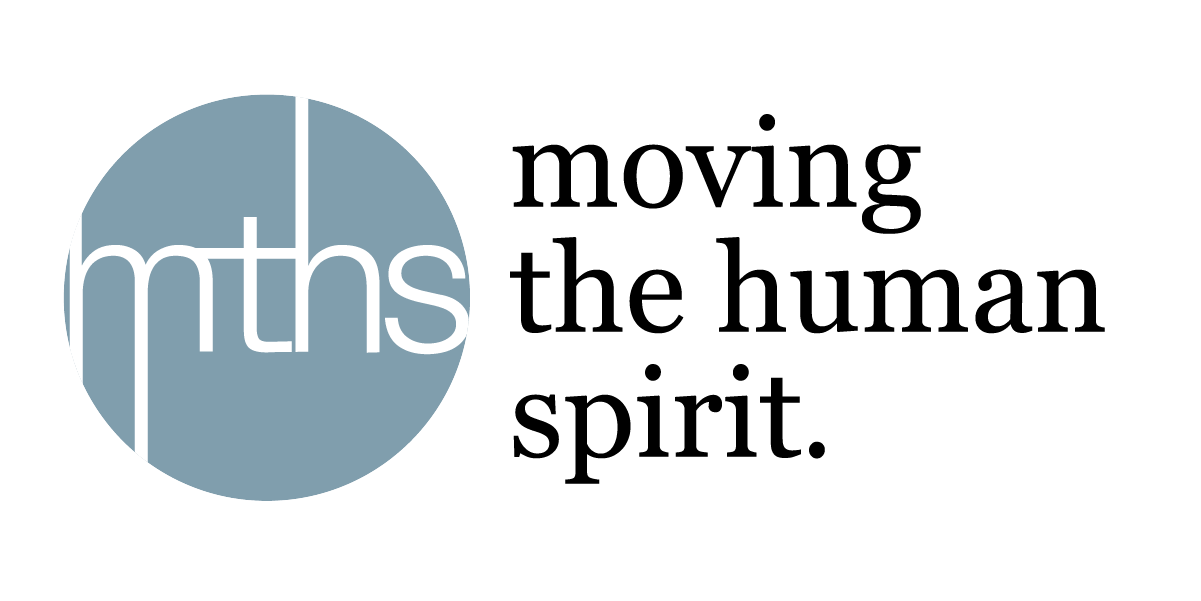What If We Cultivated Capacity First? “Not everything that matters can be carried all at once."
Embodied Presence as a Nervous System Practice? “The nervous system is always asking one primary question: Am I safe right now?” — Stephen Porges
What If Reducing Pressure is Part of the Practice? “The body doesn’t resist change. It resists pressure.” - Brad Hardie, TICC, MCC
In trauma-informed coaching, language shapes conversations. It influences not only clients' understanding but also their immediate nervous system experience with us. Many coaches know the Window of Tolerance, described by Dr. Dan Siegel. It defines the range within which a person stays regulated and engaged without tipping into overwhelm or shutting down. This framework clarified why people become reactive, numb, disconnected, or stuck.
Blogmthsadmin2024-06-13T17:32:47-07:00
Latest articles about Trauma Informed Coaching


